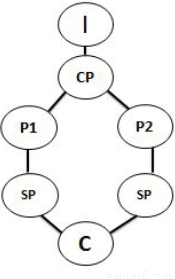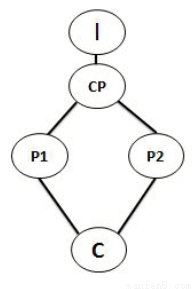题目内容
短文改错
假定英语课上老师要求同桌之间交换修改作文,请你修改你同桌写的以下作文。文中共有10处错误,每句中最多有两处。错误涉及一个单词的增加、删除或修改。
增加:在缺词处加一个漏词符号(∧),并在其下面写出该加的词。
删除:把多余的词用斜线(﹨)划掉。
修改:在错的词下划一横线,并在该词下面写出修改后的词。
注意:1.每处错误及其修改均限一词。
2.只允许修改10处,多者(从第11处起)不计分。
Mrs. White was in hurry to visit her grandson because she missed her very much. It was nearly three months when she last saw her grandson. When she was walking by a playground, a football fly in her direction. She was already in her seventy. Should she kick the ball back and should she just go past leave it where it was? Finally she gave it a kick with greatly effort and the ball went straight on into the goal. What amazing it was! She helped them win the game.
练习册系列答案
相关题目


 B.
B.
 D.
D.